On the second day of the Cultural and Sports Festival of ethnic groups in Nho Quan district, the Muong people's folk games were the areas that attracted the most attention from the locals and tourists. Everyone was excited and joyful, joining in the joyful atmosphere of the folk games such as: hitting the raft, pushing sticks, walking on stilts, shooting crossbows...
Ms. Le Thi Nga (village 4, Phu Son commune), an athlete participating in the stick pushing competition, said: Stick pushing is a folk game loved by local people, preserved in daily life, organized in competitions during festivals and Tet holidays. Therefore, participating in the stick pushing competition at the Festival, I and the members of Phu Son commune do not focus on winning or losing but wish to exchange with other teams to together preserve the customs, practices, and good cultural activities of our people in the early days of spring...
During the stilt walking competition, the audience gave the athletes a hearty laugh because of the attractiveness and surprise of the game, which required the players to master the stilts as well as maintain balance to walk rhythmically. Although it is a folk game, there were quite a few young faces, middle school and high school students, participating.
Dinh Viet Anh, a 9C student at Xich Tho Secondary School, said: This is the first time I have participated in the Festival and stilt walking competition of Xich Tho commune. Having met and interacted with uncles, aunts, brothers, sisters and friends, I am very happy because I have learned more about the unique traditional culture of the nation. In the locality, I witnessed grandmothers and mothers walking on stilts and was taught by the grandmothers in the neighborhood, so I really like this subject...
This year's Nho Quan District Ethnic Culture and Sports Festival was held from March 1 to 3 at Cuc Phuong Commune Stadium with the theme "Nho Quan - A place of convergence and spread".
The festival attracted the participation of 11 delegations, with more than 2,000 artists, actors, and mass athletes from art and sports clubs throughout the district. Participating in the festival, localities and units in the district all wished to contribute to creating a colorful cultural space, bringing spiritual values, spreading positive messages, and honoring the strength of national unity.
Mr. Vu Dung, Chairman of the People's Committee of Thach Binh Commune, said: Together with localities and units in the district, Thach Binh Commune has prepared conditions, especially in terms of personnel, to participate in all contents of the Festival with the desire to join hands to promote, introduce and spread the traditional cultural features of their ethnic groups to a large number of tourists. Although the preparation time is not long, 18/18 art and sports clubs have been maintained and operated effectively in the commune's villages, which are the core force to participate in cultural and sports activities during the Cultural and Sports Festival of ethnic groups in Nho Quan District in 2024.
We hope that through the participation of members of art and sports clubs in the Festival, we will contribute to spreading and preserving the traditional cultural values of ethnic groups in Nho Quan district...
As a mountainous district, located at the northwest gateway of Ninh Binh province, the convergence of 28 ethnic groups with a population of over 174,000 people, of which the Muong ethnic group accounts for 17%. Nho Quan is referred to as an "ancient land", where many layers of cultural sediments with historical relics mark the appearance of humans more than 7,500 years ago, is the cradle of the revolutionary movement and possesses unique cultural heritage resources.
With many efforts, generations of ethnic minorities in the district have passed on and spread good traditional cultural values, including many valuable tangible and intangible cultural heritages such as festivals, traditional crafts, culinary dishes, performing arts such as Cheo singing, Dum singing, lullabies, Sac Bua singing, gongs and folk games of the Muong ethnic group have been preserved, maintained and developed.
In particular, with the awareness of preserving the unique cultural features of their people, along with the attention, investment and encouragement of all levels and sectors, many traditional games and sports of the Muong Nho Quan people have been restored, preserved and developed.
At this Nho Quan District Ethnic Culture and Sports Festival, in the festival activities, the district has paid attention to organizing games and sports competitions that combine modern and traditional, between Muong and Kinh people. Typical examples include: Volleyball, tug of war... combined with traditional folk games such as: hitting the rat, shooting crossbows, walking on stilts, pushing sticks... have created the attraction and diversity of Muong culture in today's life.
Ms. Tran Thi Kim Lien, Head of the Department of Culture and Information of Nho Quan district, added: The Cultural and Sports Festival is an annual cultural event of ethnic minorities in Nho Quan district, aiming to create a healthy and useful playground, an opportunity for artisans, actors, and mass athletes to meet, exchange, and introduce the cultural quintessence of their ethnic groups and localities.
Through the Festival, a space for connection and cultural exchange between localities in the district is created to actively promote and introduce the identity and typical cultural products of the mountainous district, serving the people and tourists, creating opportunities for exchange, learning, promoting tourism, cultural identity and people of Nho Quan land.
In particular, the activities at the Festival focused on enhancing community spirit, promoting the role of cultural subjects, and promoting traditional cultural values associated with the progressive elements of the times.
Through the organization of sports and folk games, the district also has the opportunity to discover and select outstanding athletes to continue training and preparing forces to participate in cultural and sports competitions organized by superiors.
Bui Dieu-Minh Quang
Source


![[Photo] Students of Binh Minh Primary School enjoy the full moon festival, receiving the joys of childhood](https://vphoto.vietnam.vn/thumb/1200x675/vietnam/resource/IMAGE/2025/10/3/8cf8abef22fe4471be400a818912cb85)



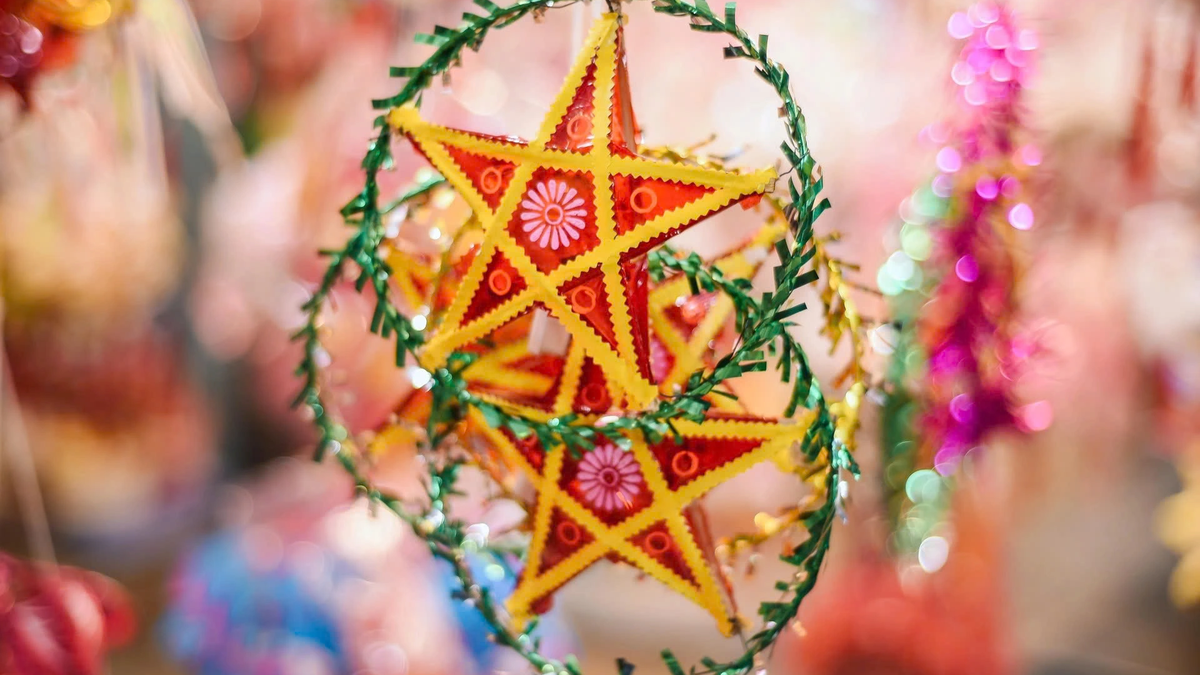
![[Infographic] Notable numbers after 3 months of "reorganizing the country"](https://vphoto.vietnam.vn/thumb/1200x675/vietnam/resource/IMAGE/2025/10/4/ce8bb72c722348e09e942d04f0dd9729)
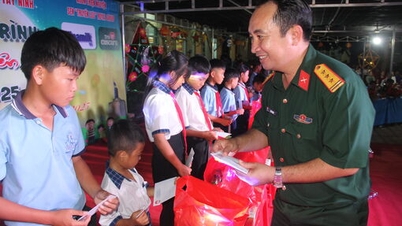



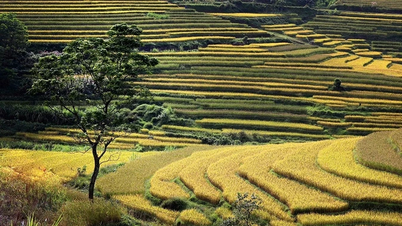


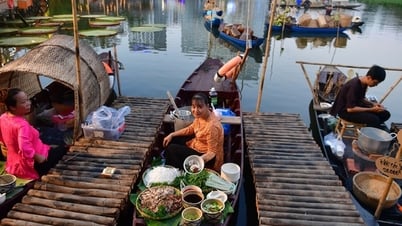

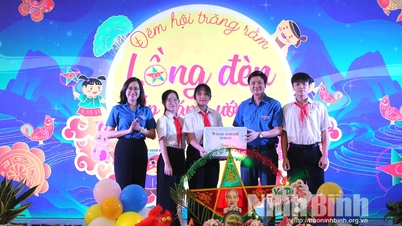

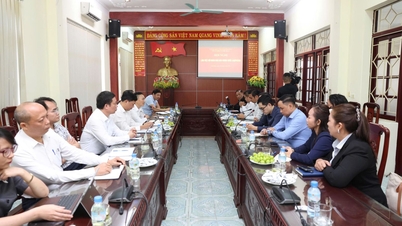

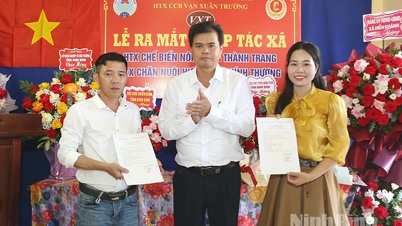
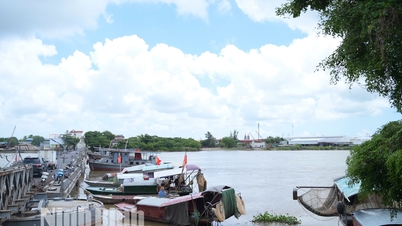
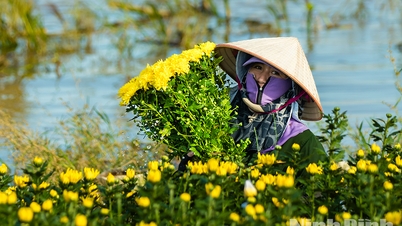
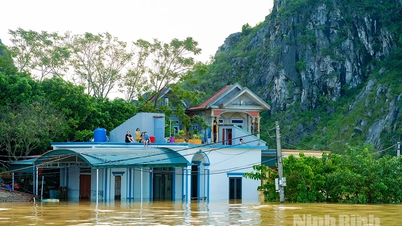




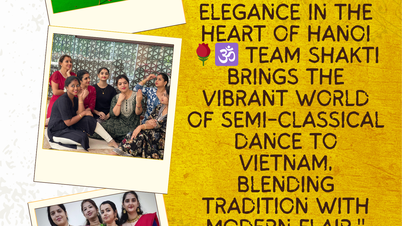
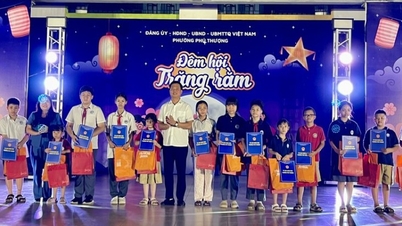


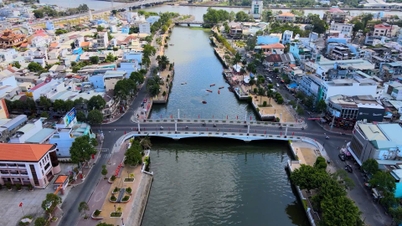
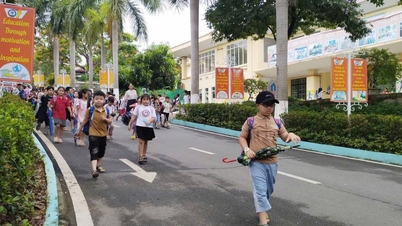
![[Photo] Prime Minister Pham Minh Chinh chairs meeting to deploy overcoming consequences of storm No. 10](https://vphoto.vietnam.vn/thumb/1200x675/vietnam/resource/IMAGE/2025/10/3/544f420dcc844463898fcbef46247d16)






























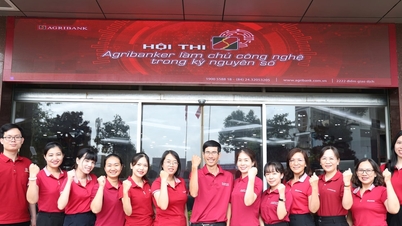
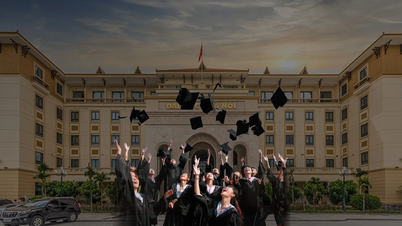
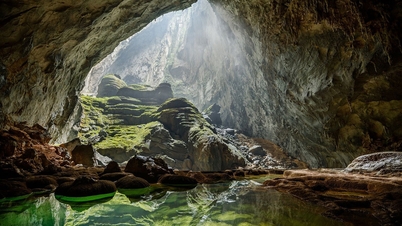

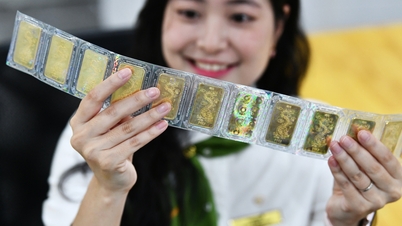
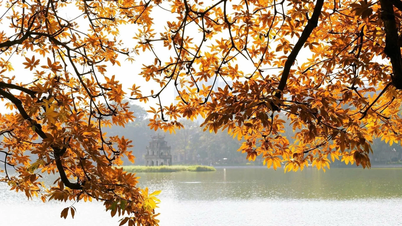
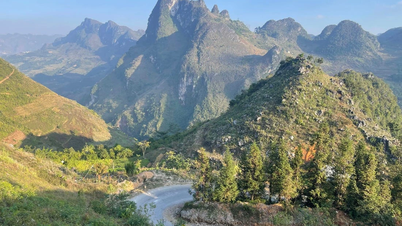


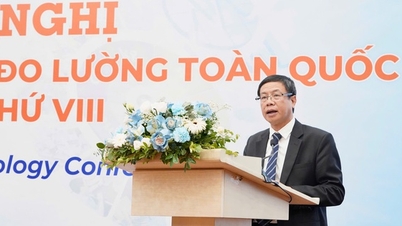

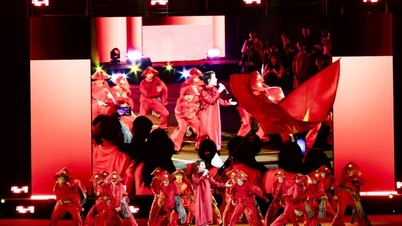

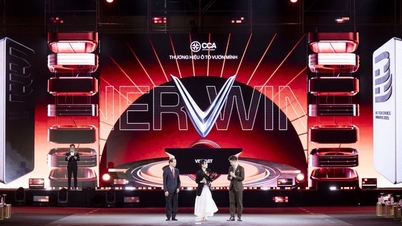
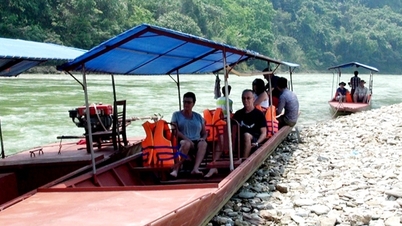


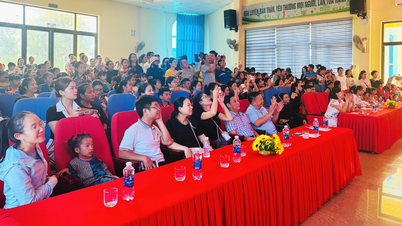
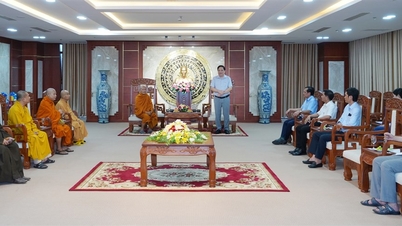
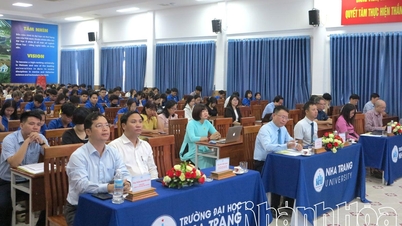



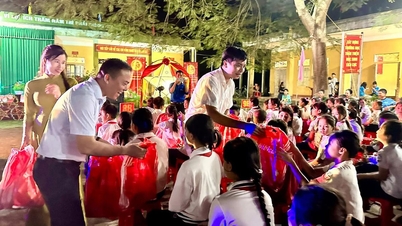
















Comment (0)